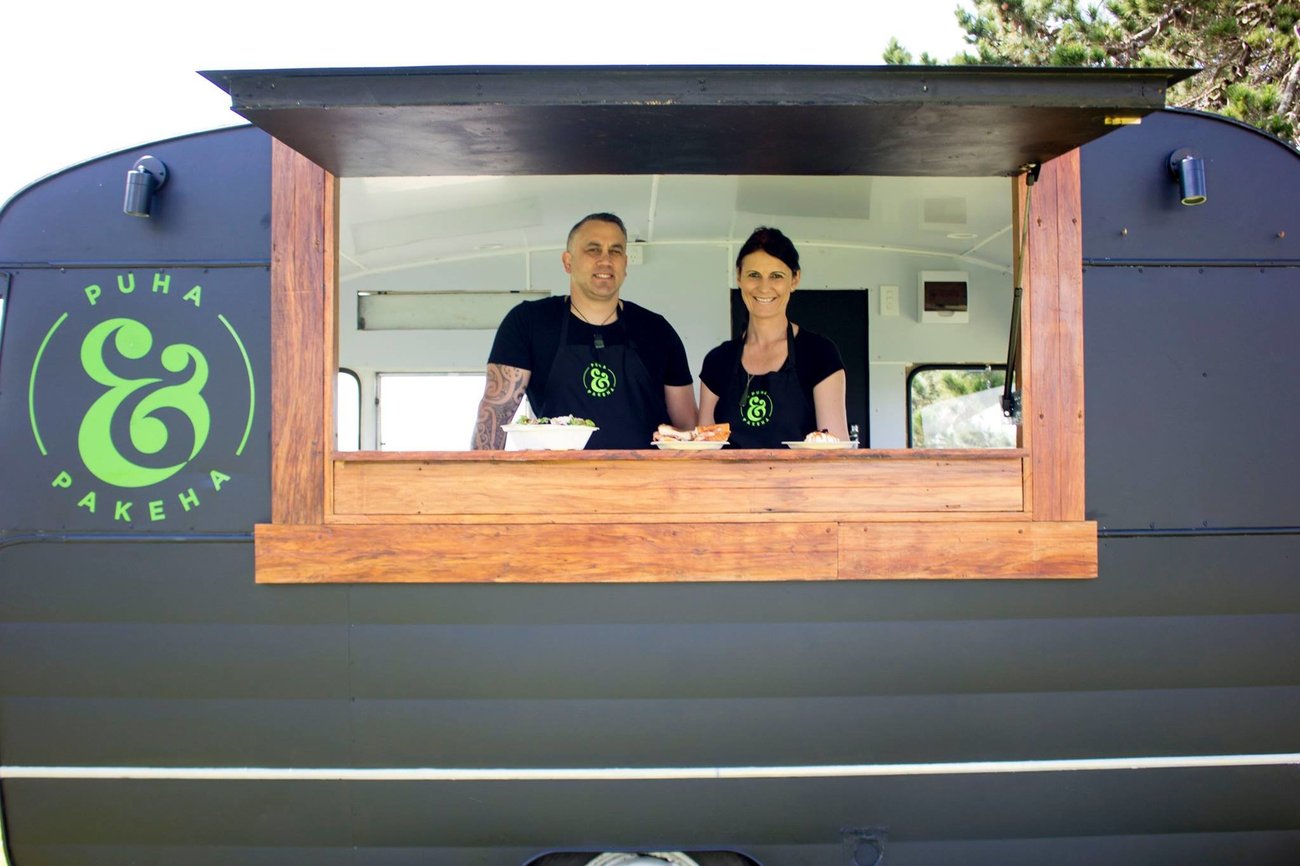Seeing the world differently: How we arrived at a definition of innovation

While putting together Idealog’s last issue (aptly called the Innovation issue) and judging the Idealog’s Most Innovative Companies Awards, our team was forced to confront our own definitions of innovation – a term that conjures up fatigue at the best of times. We all know the usual qualities associated with the word: transformation, invention, determination. But something that tends to get lost in the conversation – perhaps because of the fiery, relentless passion of entrepreneurs who are chasing their first business breakthrough – is knowing where to draw the line in the quest for the perfect product, service or idea.
Perfectionism is a dangerous path to head down because in the end, innovation can’t be forced. As the great Sir James Dyson put it, innovation is that spark that comes from combining creativity with iterative development. And creativity is that bolt of inspiration that reframes your perspective – like the shower thought that randomly hits you at the same time as that delicious blast of warm water reaches your neck. For me personally, it often strikes spontaneously while driving, and I have to frantically pull over and make a note of it. Case in point: this kind of epiphany rarely dawns on you when slumped, bleary eyed and deflated, over your desk at 12am.
So, I propose a simple – and in turn, bolder – way of looking at the term: innovation is working smarter, not harder. It’s having the courage to cast aside the temptation of the living hero entrepreneur narrative who grinds away laboriously, working 80 to 120-hour weeks (here’s looking at you, Elon Musk).
Because while working outrageously long hours is a guaranteed way to command respect from fellow humans, it doesn’t necessarily produce the best product. And while the development of ideas is essential, one crucial part of the innovation equation – creativity – isn’t a never-ending fountain we can draw from at whim. It strikes when it wants, so trying to conjure it when close to burn-out is about as helpful as trying to cast a spell.
Speaking of spells, I think Big Magic: Creative Living Beyond Fear author Elizabeth Gilbert put it best when she said, “Perfectionism is just fear in fancy shoes and a mink coat, pretending to be elegant when actually it’s just terrified. Because underneath that shiny veneer, perfectionism is nothing more than a deep existential angst that says, again and again, ‘I am not good enough and I will never be good enough.’”
So when we chose those we deemed to be ‘Most Innovative’, we looked at people that have broken away from the standard modes of thinking and are seeing the world differently. There’s no doubt that they’ve put in some graveyard shifts to develop their ideas – as well as had their fair share of angst – but their core business ideas have strength in their unique perspective on a problem, which in turn, creates a confidence in knowing when to relinquish control and present their idea to the world. Their approach ensures they are working smarter, not harder.
We hope that bolt of inspiration strikes you, too, as you read about their journeys.
View the full list of Idealog’s Most Innovative Companies winners here.




